RIIS Hub is very pleased to welcome Audtech as a new industry partner. 
Audtech is an innovative start-up company, operating at the cutting edge of connected data and AI innovation across complex infrastructure system clients. It strives to initiate government and industry change by delivering benefits aligned to the ‘Internet of Things’ (IoT), and where new innovation can improve infrastructure performance, stability and recovery following disaster situations.
Making sense of the ‘big data’ from system sensors in a highly complex system is, …complex!
That’s where RIIS Hub research, and our talented team members come in.
We’re very pleased to introduce new RIIS Hub Chief Investigator, Dr Huadong Mo (UNSW Canberra) who will lead the Audtech research collaboration.
Dr Mo’s has a depth of expertise in exploring ways to enhance the resilience, performance and security of complex systems with learning-based algorithms, primarily in the emerging fields of power and energy systems, cyber-physical systems and manufacturing systems.
Previously a postdoctoral fellow at the Swiss Federal Institute of Technology Zurich, and with academic institutions in China and Hong Kong, Dr Mo joined UNSW Canberra 2019. He is currently the convener of the Systems Engineering Discipline under the School of Systems and Computing. His skills and experience in data collection and analysis, revealing patterns of system evolution against uncertainties, is well aligned to addressing Audtech’s focus on urban planning and infrastructure prognostics and health monitoring of other system.
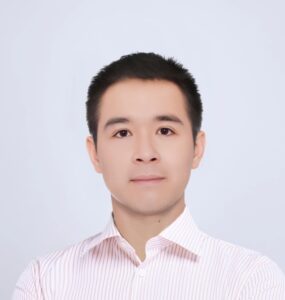 Learn more about Dr Mo here:
Learn more about Dr Mo here:
We’re also pleased to introduce our Partner Investigator on the collaboration, UNSW alum and infrastructure/climate disaster specialist Dr James Ciyu Qin, from Audtech.
Dr Qin has a research background relating to process control and system optimisation and modelling for large scale systems, including power systems. He specialises in enhancing the resilience, performance and security of complex systems through robust optimisation techniques, and by informing preventive approaches that minimise the risk of system failure, and increase infrastructure resilience.
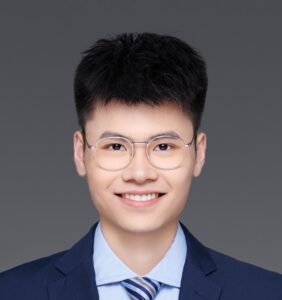 Learn more about Dr Qin here:
Learn more about Dr Qin here:
Both will work on the ‘Building resilience to cyber-physical power systems (CPPS) under climate-related disasters’ RIIS Hub project, involving UNSW Canberra and UNSW Sydney team members.
In welcoming Audtech as a new industry partner, as well as new colleagues, RIIS Hub Director Professor Nasser Khalili said, “applying RIIS Hub scientific expertise to help avoid, or better respond to, infrastructure failure when catastrophe happens. I’m especially pleased to be working closely with our academic and industry peers at Audtech to enhance data management and systems, and as a result, better serve and ensure the safety of people in our community”.
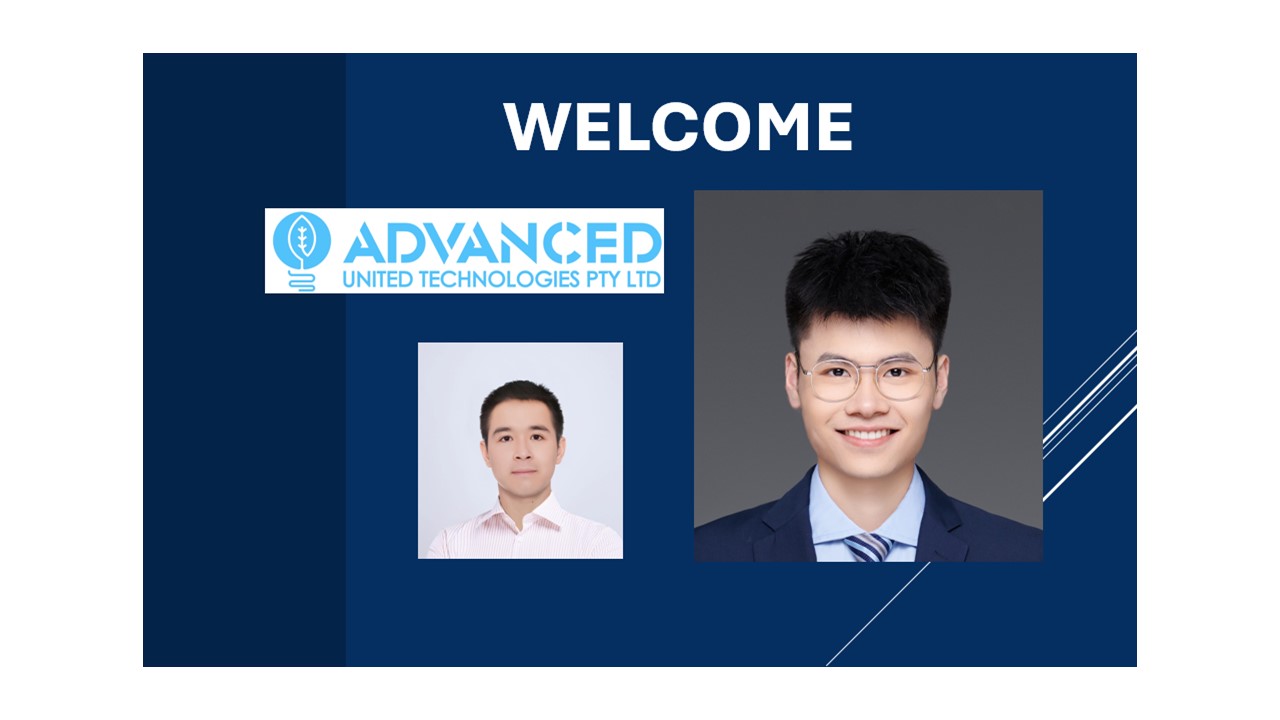
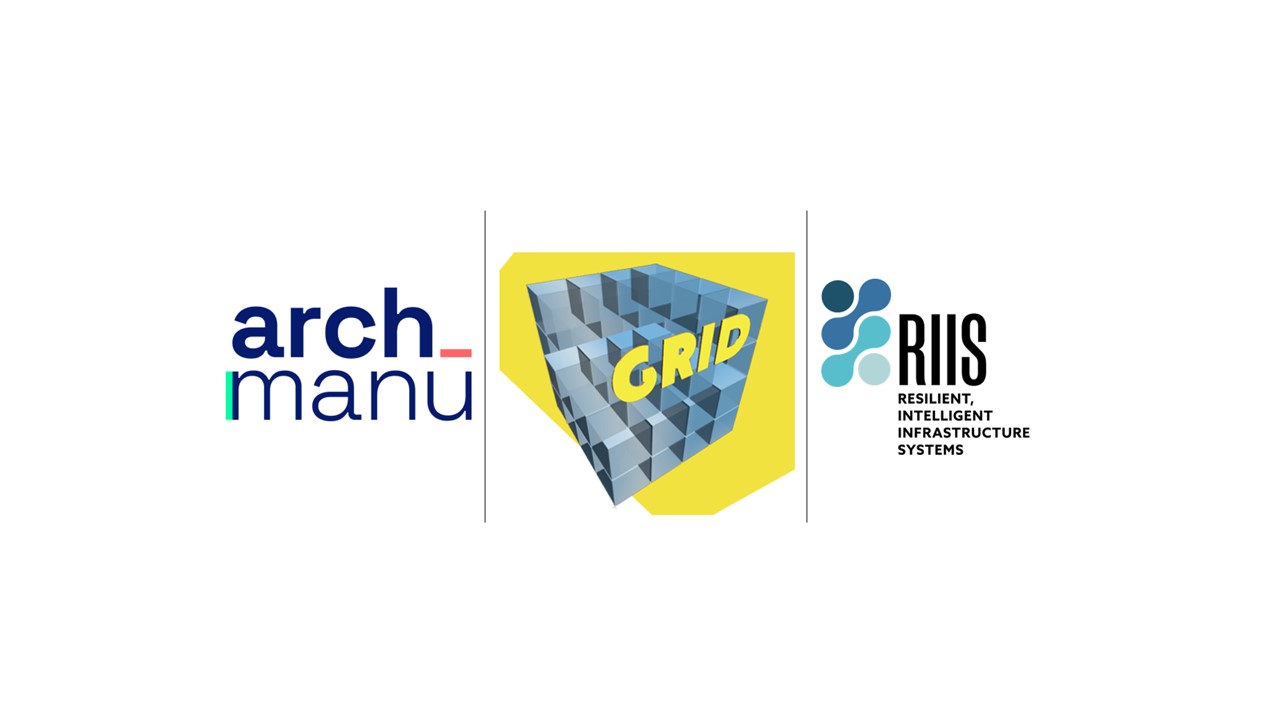
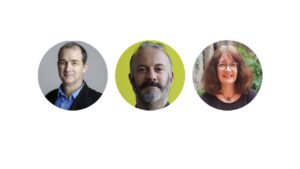
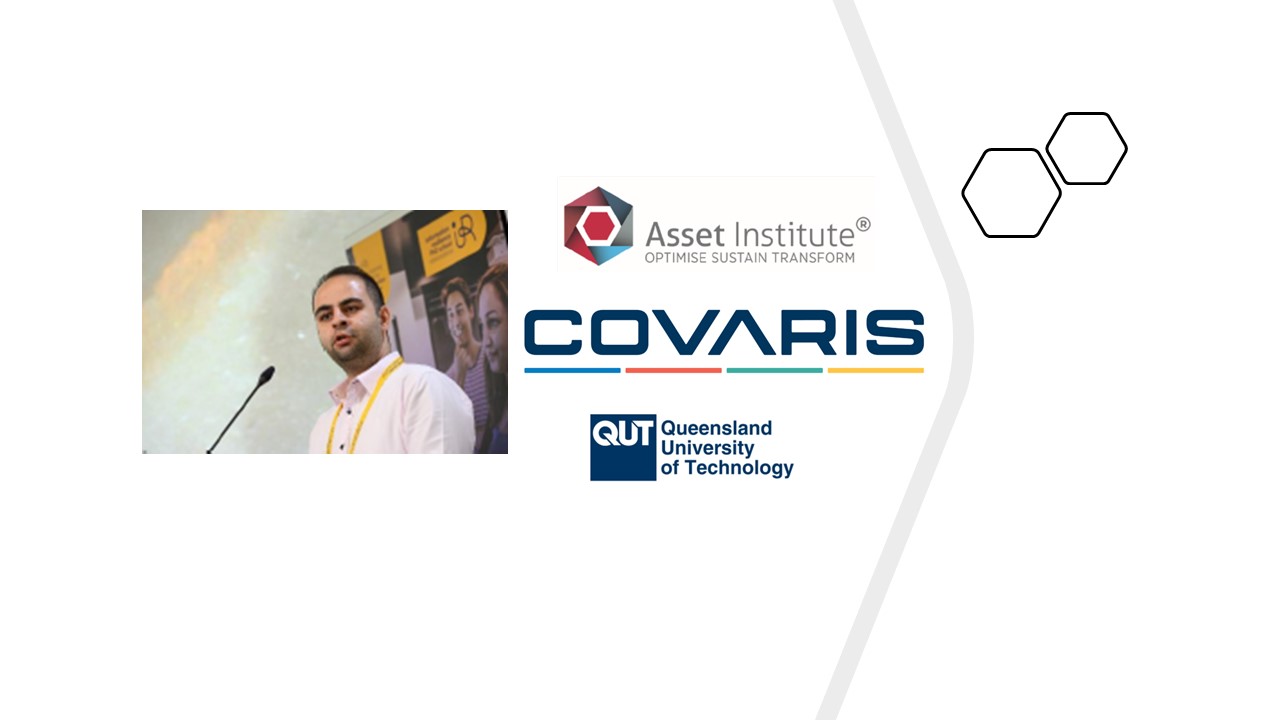
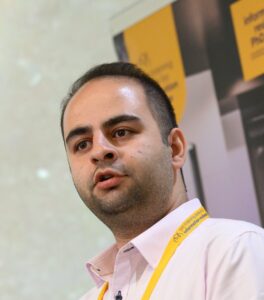 PhD student Saeed Khalaj is part way through a three-month internship with Sydney-based Covaris, a leading engineering and technology consultancy which works with clients to solve maintenance engineering and asset management challenges.
PhD student Saeed Khalaj is part way through a three-month internship with Sydney-based Covaris, a leading engineering and technology consultancy which works with clients to solve maintenance engineering and asset management challenges.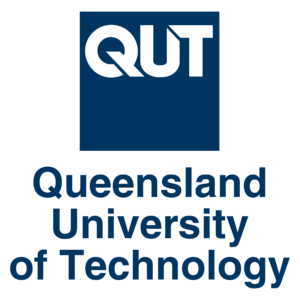

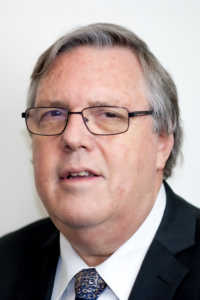 Covaris Managing Director Bob Platfoot recently shared that Covaris’ primary goal, since the company’s inception more than 24 years ago, is, “to help organisations and people in the discipline of asset management”.
Covaris Managing Director Bob Platfoot recently shared that Covaris’ primary goal, since the company’s inception more than 24 years ago, is, “to help organisations and people in the discipline of asset management”.